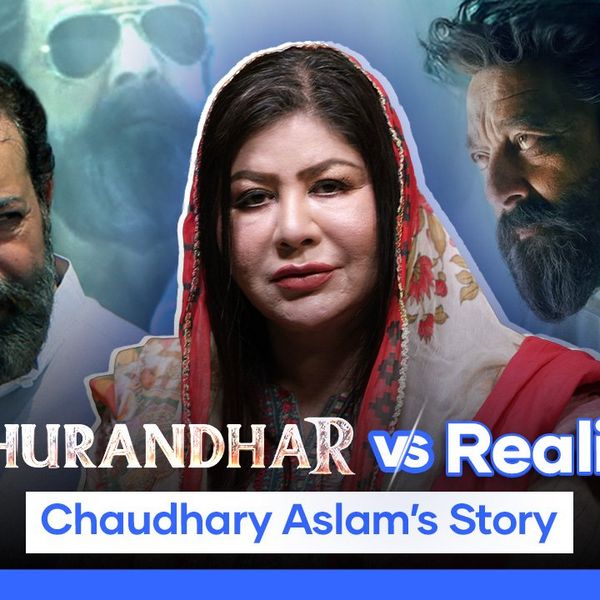Rattled India target rare three-peat in Australia
Among the questions being asked by Indian fans is whether batting mainstays Virat Kohli and Rohit Sharma, both now closer to 40 than 30, can arrest their decline on Australia's quick and bouncy pitches.
Reuters
News Agency Partner
Reuters is a leading source of news and information, delivering fact-based reporting and expert analysis on international events and trends.

India's Ravindra Jadeja celebrates with teammates after taking the wicket of Australia's Cameron Green.
Reuters
Australia's mouthwatering clash with India sees the two behemoths of the modern game go head-to-head in five Tests over six weeks with the tourists eyeing a third straight series triumph Down Under.
Only England in the 1880s, West Indies a century later and South Africa more recently have achieved that feat, and to do so against the current holders of the World Test Championship title would be a considerable accomplishment.
Home and away, India have won the last four Test series between the two countries but recent signs of frailty in a team in transition has had alarm bells ringing from Kashmir to Kanyakumari.
The stunning 3-0 home reversal at the hands of New Zealand a few weeks ago shone a harsh spotlight on the generation that was the first from India to win a Test series in Australia in 2019 and backed it up two years later.
Among the questions being asked by Indian fans is whether batting mainstays Virat Kohli and Rohit Sharma, both now closer to 40 than 30, can arrest their decline on Australia's quick and bouncy pitches.
Captain Rohit looks unlikely to even play in the series opener starting in Perth on Friday, having decided to put family first and stay at home for the birth of his second child.
Training injuries have impacted the list of likely replacements with Shubman Gill fracturing a thumb and KL Rahul taking a nasty blow to his elbow.
The questions over India's opening partnership echo a debate that has engrossed Australia since Cameron Green was ruled out of the series with a back injury in mid-October.
Once it was confirmed that Steve Smith would be dropping down the order to replace the injured all-rounder at number four, every possible candidate to partner Usman Khawaja has been proposed, analyzed and scrutinized.
Australia's selectors ultimately stuck to the principle of choosing the best batsmen in the country and sorting them into an order later.
Nathan McSweeney will therefore open for only the second time in his career when he makes his Test debut at Perth Stadium this week.
That the debate raged so long and so hard perhaps reflects, however, the absence of question marks over the remainder of a battle-hardened Australia line-up.
McSweeney is the only player under the age of 30 likely to start the first Test but Smith, Khawaja and Marnus Labuschagne remain in the top 10 of the Test batting rankings.
Paceman Josh Hazlewood and his skipper Pat Cummins occupy spots in the top 10 of the bowlers' standings along with spinner Nathan Lyon, while left-arm quick Mitchell Starc is 11th.
Financial benefits
The battle for the Border-Gavaskar Trophy may not yet have the cache of an Ashes series but it will now finally be stretched across the full canvas of five Tests.
That might more reflect the financial benefits to Cricket Australia from Indian TV money but it could make the job for the tourists a bit harder.
A quick surface reminiscent of the old WACA ground has been promised at Perth Stadium, while Australia will be confident of keeping intact their 100% record in day-night matches at the Adelaide Oval in match two.
The Gabba is no longer the fortress for Australia it was once was and the third test in Brisbane could be a decisive fixture ahead of the traditional Boxing Day and New Year's matches on bat-friendly surfaces in Melbourne and Sydney.
The Australians prevailed when the two teams met in the World Test Championship final last year and the series will have major ramifications for the makeup of next June's title-decider at Lord's, particularly for India.
With no more Tests in the qualifying period after this series, India need to win four matches to avoid missing out on the final for the first time.
As South Africa showed when they won three, albeit shorter, series in Australia from 2008, success Down Under usually rests on the quality and durability of your seam bowling.
Led by Jasprit Bumrah, India's pace unit have shown they can have an impact on Australian tracks and, of course, are backed up by the world's best slow-bowling all-rounders in Ravindra Jadeja and Ravichandran Ashwin.
Aussies ready to resist Indian kryptonite
For all the doubts that surround India heading into the five-match series in Australia, the hosts will be the last to doubt the qualities of Rohit Sharma's team.
The world may have changed since India's last tour in the fog of COVID, when stand-in captain Ajinkya Rahane and his injury-decimated squad humbled Tim Paine's full-strength Australia 2-1 in 2020/21.
Many of the current squad will remember that defeat like it was yesterday, and a good few of them will also recall the previous 2-1 home loss when India became the first Asian team to win a test series in Australia, ending seven decades of frustration.
Back-to-back Test series wins over Australia are almost unheard of but India have won the last four they have played. In the last 30 years, only India and South Africa have beaten the Australians in successive tours.
Australia denied India two of the game's most glittering prizes last year in the World Test Championship final and 50-overs World Cup in the subcontinent.
But no one in the home camp is taking much comfort in India's stunning 3-0 collapse against New Zealand on home soil.
"It might awaken a sleeping giant, so to speak," Australia paceman Josh Hazlewood said of the New Zealand whitewash.
Australia have long been masters of their fast and bouncy home pitches, racking up big scores while rattling through batting lineups with intimidating pace.
However, India's belated investment in fast bowling reaped big returns in the last two Test tours of Australia.
Even with their five best fast bowlers injured during the 2020/21 series, India had enough firepower in reserve to win the decider in Brisbane and end Australia's 33-year unbeaten streak at the Gabba.
Modifications to the Kookaburra ball along with a change to more bowler-friendly pitches in Australia in recent years has also brought the nation's batters back to earth.
Australia were unable to rack up a total above 300 in the 1-1 series draw with West Indies in the last home summer and wickets have continued to tumble in the domestic Sheffield Shield.
"Batting in Shield cricket has been as tough as it’s ever been in the last four years, ever since Kookaburra changed the ball," said Australia opener Usman Khawaja.
Australia's pitches may deal harshly with Virat Kohli and India's struggling batters but Jasprit Bumrah and the Indian bowlers will feel they can do plenty of damage.










Comments
See what people are discussing